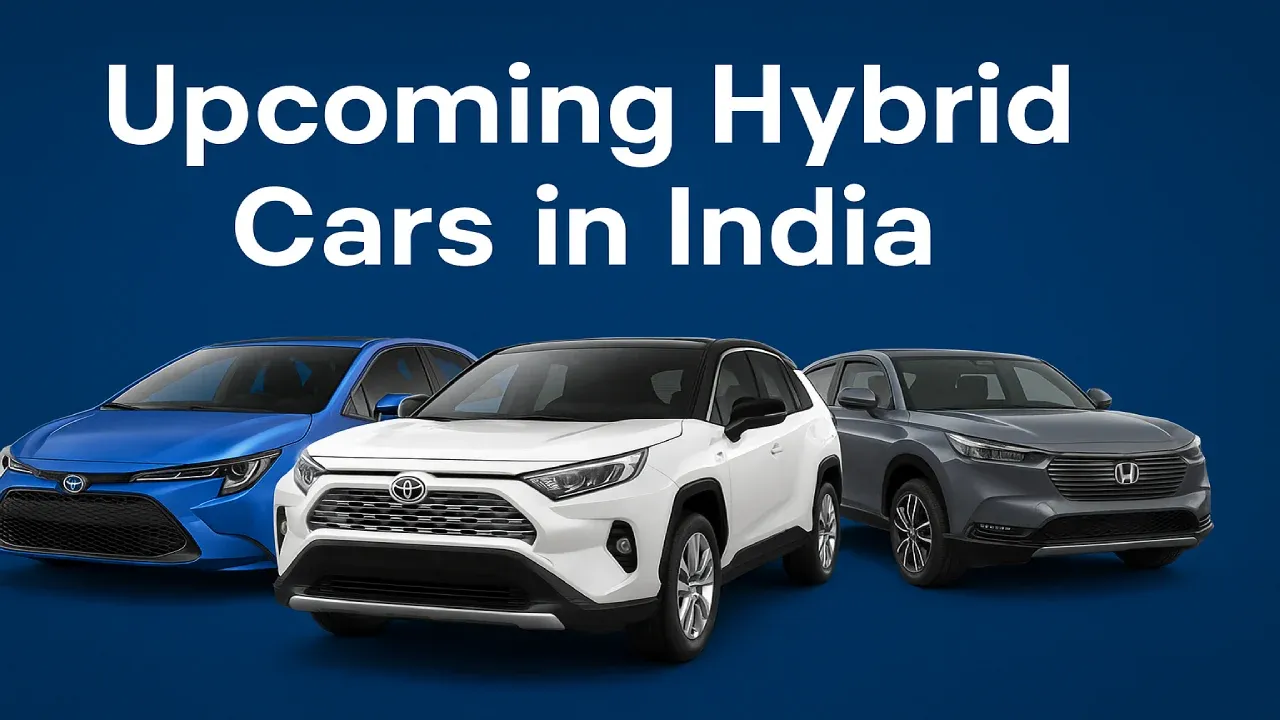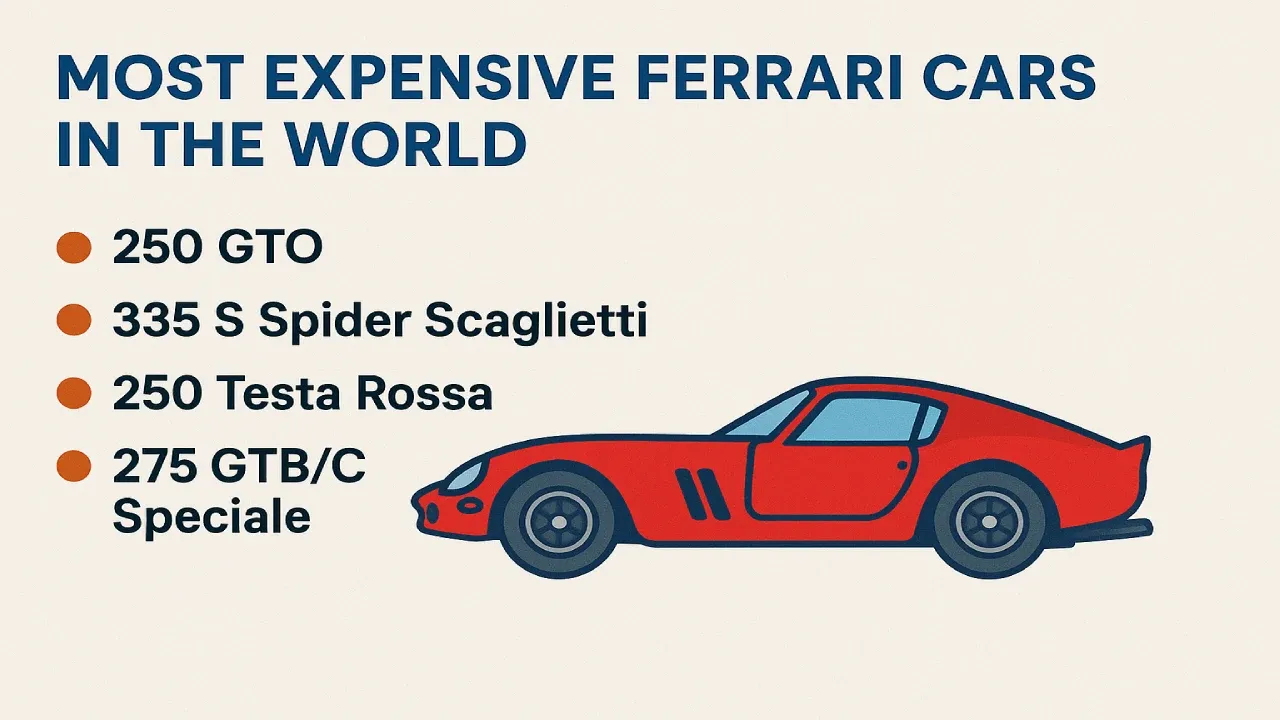In an era where environmental consciousness and cost savings go hand in hand, maximizing fuel efficiency is a priority for car owners. This blog explores practical tips and tricks for enhancing fuel efficiency, from smart driving habits to vehicle maintenance, empowering car owners to make eco-friendly and economical choices.
The Importance of Fuel Efficiency
Recognizing the paramount importance of fuel efficiency extends beyond mere financial gains for car owners. At its core, enhanced fuel efficiency becomes a potent catalyst in the collective effort to combat climate change. By reducing the amount of fuel consumed, vehicles contribute to a substantial decrease in carbon emissions, thereby mitigating their environmental impact. This not only aligns with the growing imperative to address ecological concerns but also promotes a sustainable and responsible approach to transportation. Understanding the broader implications of fuel efficiency underscores its role as a pivotal component in the transition towards a greener and more environmentally conscious future.
Smart Driving Habits
The art of smart driving is unveiled in this section, emphasizing the critical role it plays in optimizing fuel efficiency. Focusing on the nuanced dynamics of acceleration and deceleration, the discussion underscores the significance of smooth driving habits. By elucidating how aggressive manoeuvres can drastically reduce miles per gallon (MPG) and elevate fuel consumption, the section serves as a guide for drivers to adopt a more mindful and fuel-conscious approach. From judicious acceleration to controlled deceleration, cultivating these smart driving habits not only enhances fuel efficiency but also contributes to a more sustainable and economical journey on the road.
Optimal Speed and Cruise Control
Navigating the highways with fuel efficiency in mind, this segment unveils the benefits of maintaining an optimal speed and judiciously employing cruise control. Delving into the science behind these driving practices, it underscores their positive impact on maximizing fuel economy. By adhering to an optimal speed, drivers reduce wind resistance and enhance the overall efficiency of their vehicles. Similarly, the strategic use of cruise control helps maintain a consistent speed, avoiding unnecessary accelerations and decelerations that can lead to increased fuel consumption. This insightful exploration provides drivers with a scientific perspective on how these practices contribute to a more fuel-efficient and eco-conscious journey, making every mile on the road count.
Minimizing Idling Time
In the pursuit of fuel efficiency, the often-overlooked practice of minimizing idling time emerges as a key strategy for car owners. This section sheds light on the simple yet impactful concept that idling consumes fuel without contributing to mileage. By enlightening car owners on the instances when it is more fuel-efficient to turn off the engine, especially during extended stops, the section empowers them to make conscious choices. From avoiding prolonged idling in traffic jams to opting for engine shutdown during extended waits, these effective strategies not only save on fuel but also contribute to a more sustainable and economical driving experience, aligning with the broader mission of eco-friendly transportation practices.
Vehicle Maintenance for Fuel Efficiency
At the heart of fuel efficiency lies the critical role of vehicle maintenance, a concept underscored in this section. A well-maintained engine emerges as the linchpin for optimal efficiency, and the section accentuates the significance of routine care. From timely oil changes that lubricate and protect vital engine components to air filter replacements that ensure a clean air supply for combustion, each maintenance task plays a crucial role. Fuel system checks further contribute to the engine's smooth operation. By emphasizing these routine practices, the section guides car owners toward ensuring that their vehicles operate at peak efficiency, translating into not only cost savings but also a reduced environmental footprint through enhanced fuel economy.
Proper Tire Maintenance
In the intricate dance of fuel efficiency, proper tire maintenance takes centre stage, a principle illuminated in this segment. Understanding the direct correlation between tire condition and fuel efficiency, the section serves as a guide for car owners on essential maintenance practices. Regular inflation checks ensure that tires are at their optimal pressure, reducing rolling resistance and, in turn, enhancing fuel economy. The guidance extends to alignment and rotation, which not only promote even tire wear but also contribute to the overall efficiency of the vehicle. By adhering to these practices, car owners not only extend the lifespan of their tires but also make strides in improving fuel efficiency, aligning with a commitment to both cost-effectiveness and eco-friendly driving habits.
Lightweighting and Aerodynamics
Unveiling the science of fuel efficiency, this section delves into the influential dynamics of lightweight and aerodynamics. Recognizing that a vehicle's weight and its aerodynamic profile significantly impact fuel efficiency, the segment guides car owners towards practical solutions. The concept of lightweighting involves shedding unnecessary vehicle weight while optimizing aerodynamics focuses on reducing air resistance. From choosing lightweight materials for modifications to streamlining vehicle design, the section provides actionable insights for car owners. By embracing these practices, car owners not only enhance their vehicle's fuel efficiency but also contribute to a more sustainable and eco-conscious driving experience, where every reduction in weight and improvement in aerodynamics translates into meaningful gains in fuel economy.
Fuel-Efficient Driving Technologies
Embarking on a revolutionary era in transportation, this section unveils the landscape of fuel-efficient driving technologies, with a spotlight on hybrid and electric vehicles. The automotive industry has undergone transformative strides, and hybrid vehicles, seamlessly blending internal combustion engines with electric propulsion, emerge as pioneers in optimizing fuel consumption. Electric vehicles, powered solely by electricity, further push the boundaries by eliminating tailpipe emissions entirely. As the section provides an insightful overview of these advancements, it underscores the dual benefits of reduced fuel consumption and lower emissions, propelling the automotive industry toward a more sustainable and eco-friendly future. These innovations not only redefine the driving experience but also represent a pivotal shift towards greener and more responsible mobility solutions.
Advanced Driver Assistance Systems (ADAS)
In the realm of modern automotive technology, Advanced Driver Assistance Systems (ADAS) stand as beacons of safety and efficiency, a theme explored in this section. ADAS features, integrated into contemporary vehicles, not only enhance safety but also play a role in optimizing fuel efficiency. This segment introduces car owners to the diverse array of ADAS functionalities that positively impact driving habits. From adaptive cruise control that adjusts speed based on traffic flow to lane-keeping assistance that promotes smoother driving, these systems contribute to a more fuel-efficient and secure driving experience. By familiarizing themselves with these advanced technologies, car owners not only embrace innovation but also align with the broader mission of achieving enhanced fuel efficiency while prioritizing safety on the road.
Fuel-Efficiency Apps and Tools
In the era of smart driving, this section introduces a game-changing dimension with Fuel-Efficiency Apps and Tools. Seamlessly integrated into smartphones and in-car systems, these applications provide real-time insights into driving habits and fuel consumption. By offering immediate feedback, they empower car owners to make on-the-spot adjustments that directly impact fuel efficiency. Whether it's monitoring acceleration patterns, suggesting optimal speeds, or highlighting areas for improvement, these apps become invaluable companions in the quest for a more fuel-efficient and eco-conscious driving experience. As drivers engage with these tools, they not only gain a deeper understanding of their driving behaviours but also actively contribute to reducing fuel consumption and minimizing their environmental footprint.
Trip Planning Apps
In the pursuit of fuel efficiency, efficient trip planning takes centre stage, and this section introduces a key player – Trip Planning Apps. Offering car owners a strategic edge, these apps become indispensable tools for optimizing routes, steering clear of traffic bottlenecks, and ultimately minimizing fuel consumption. By harnessing the power of real-time data and advanced algorithms, these apps guide users towards the most fuel-efficient paths, ensuring not only timely arrivals but also cost-effective and eco-friendly journeys. From suggesting alternate routes to alerting users about potential delays, these popular apps stand as allies in the quest for a more streamlined and fuel-efficient road travel experience.
Eco-Friendly Fuel Options
As environmental consciousness takes centre stage, car owners are turning their attention to sustainable fuel alternatives, a focal point explored in this section. The transition to eco-friendly fuel options, such as biodiesel, ethanol, and compressed natural gas (CNG), is gaining momentum as drivers seek to reduce their carbon footprint. Biodiesel, derived from renewable sources, and ethanol, produced from plant materials, emerge as biofuel options, while compressed natural gas offers a cleaner-burning alternative. This section provides an insightful overview of these alternative fuels, delving into their potential impact on fuel efficiency and emphasizing their role in fostering a more sustainable and environmentally friendly approach to driving. As car owners increasingly opt for these eco-friendly fuel alternatives, they contribute significantly to the collective effort of creating a greener and cleaner transportation landscape.
Conclusion
In conclusion, maximizing fuel efficiency is not just a financial advantage but a crucial stride toward environmental sustainability. Adopting smart driving habits, prioritizing regular vehicle maintenance, exploring fuel-efficient technologies, and opting for eco-friendly fuel options are pivotal strategies. Car owners embracing these practices not only trim their carbon footprint but also contribute to a cleaner and more sustainable future. Drive Green with Park+, an innovative app and website, seamlessly integrates technology into daily routines, simplifying parking solutions. By optimizing parking practices and reducing time spent searching for spaces, Park+ actively enhances fuel efficiency, aligning with the broader mission of eco-friendly transportation. Join the movement towards greener driving—download the Park+ app or visit the website today for a cleaner, cost-effective, and eco-conscious driving experience.




